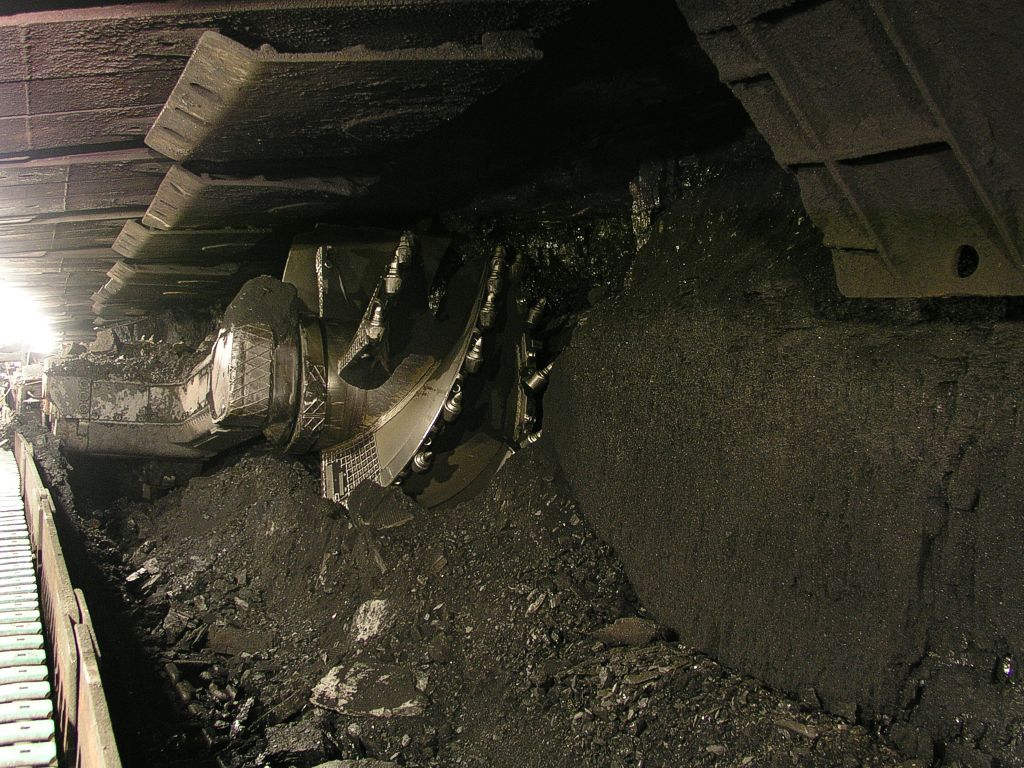EU consultative body the European Economic and Social Committee (EESC) noted “China has a quasi-monopolistic position in terms of components for photovoltaics,” while considering recommendations made by the European Commission to secure the bloc's raw material supply chain.
Urging the European Parliament and Council of Ministers to adopt suggestions made by the commission–and the EU executive body itself to accelerate plans to invest in European minerals extraction and map the stock of valuable raw materials in the bloc–the EESC cited the solar and energy storage industries as particularly dependent on Chinese imports.
Storage
“The EU produces less than 5% of world production of mineral raw materials,” said the EESC, adding China produced 98% of Europe's rare earth elements and 66% of lithium-ion batteries. European member states, by contrast, account for less than 1% each of the world's silicon-based PV products and lithium-ion batteries.
With international body the Organisation for Economic Co-operation and Development predicting world metals use could double by 2060, from 8 billion to 20 billion tons, the EESC said Europe imported 75-100% of its metals–depending on type–in 2018.
The EU committee, which comprises representatives of employers, trades unions and other civil bodies, called for urgent investment to identify European mineral sources and fund mining, smelting, transforming and re-purposing of such materials, and cited the example of the €2 billion plan for four big industrial projects to supply 80% of the bloc's lithium needs by 2025.
Whilst the designation of raw materials plans as ‘important projects of common European interest‘ and EU Horizon research funding were mentioned as possible routes, the EESC went further and suggested the deployment of state aid to the sector, as happens elsewhere around the globe, as well as loan guarantees, tax credits and dedicated depreciation rules. In a further remark that could trouble environmentalists, the committee mentioned a need to “help change the perception that extraction industries are not eco-friendly,” with specific reference to deep-sea mining. The statement added: “There are cases in which they are ‘eco-friendly,' thanks to sustainable mining practices.”
On the subject of potentially valuable materials leaving the bloc as part of waste shipments, or lurking in stocks of other components, the EESC said the commission's pledge to map such ‘secondary raw materials' by next year should be brought forward to this year.
Just transition
It was noted the mining skills abundant in European coal mining areas could be harnessed by new extraction operations as part of a ‘just transition‘ in the bloc and the EESC also mentioned the need to diversify the supply chain by focusing on Africa and South America, as well as Western Balkans reserves closer to home. The committee noted, however: “The fact is, that there are extremely few examples of raw material exports in developing countries triggering sustainable economic and social development from which broad sections of the population would have benefited. Rather, the situation often entails social exploitation and environmental pollution with usually only a few profiteers on the winning side.”
Europe should use its economic and diplomatic heft to persuade companies to pursue more ethical strategies and should also take a firm hand with its foreign and trade policy, said the committee. Ironically, with committee members having called for state aid in the raw materials sector, it went on to mention a “level playing field” in the scramble for raw materials would entail dealing with trade barriers outside the bloc, including the dumping of cheap goods and “public procurement.”
This content is protected by copyright and may not be reused. If you want to cooperate with us and would like to reuse some of our content, please contact: editors@pv-magazine.com.




2 comments
By submitting this form you agree to pv magazine using your data for the purposes of publishing your comment.
Your personal data will only be disclosed or otherwise transmitted to third parties for the purposes of spam filtering or if this is necessary for technical maintenance of the website. Any other transfer to third parties will not take place unless this is justified on the basis of applicable data protection regulations or if pv magazine is legally obliged to do so.
You may revoke this consent at any time with effect for the future, in which case your personal data will be deleted immediately. Otherwise, your data will be deleted if pv magazine has processed your request or the purpose of data storage is fulfilled.
Further information on data privacy can be found in our Data Protection Policy.